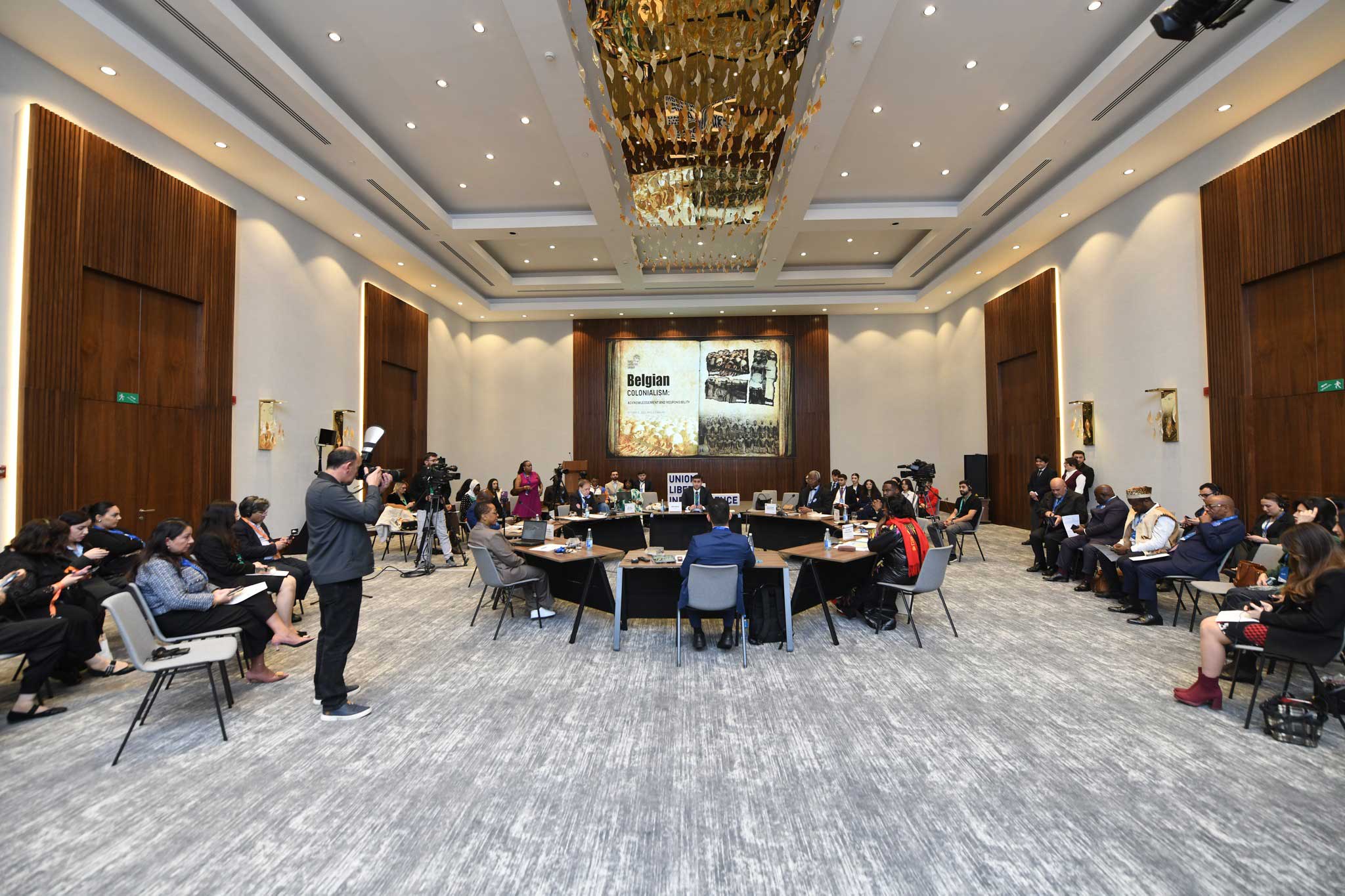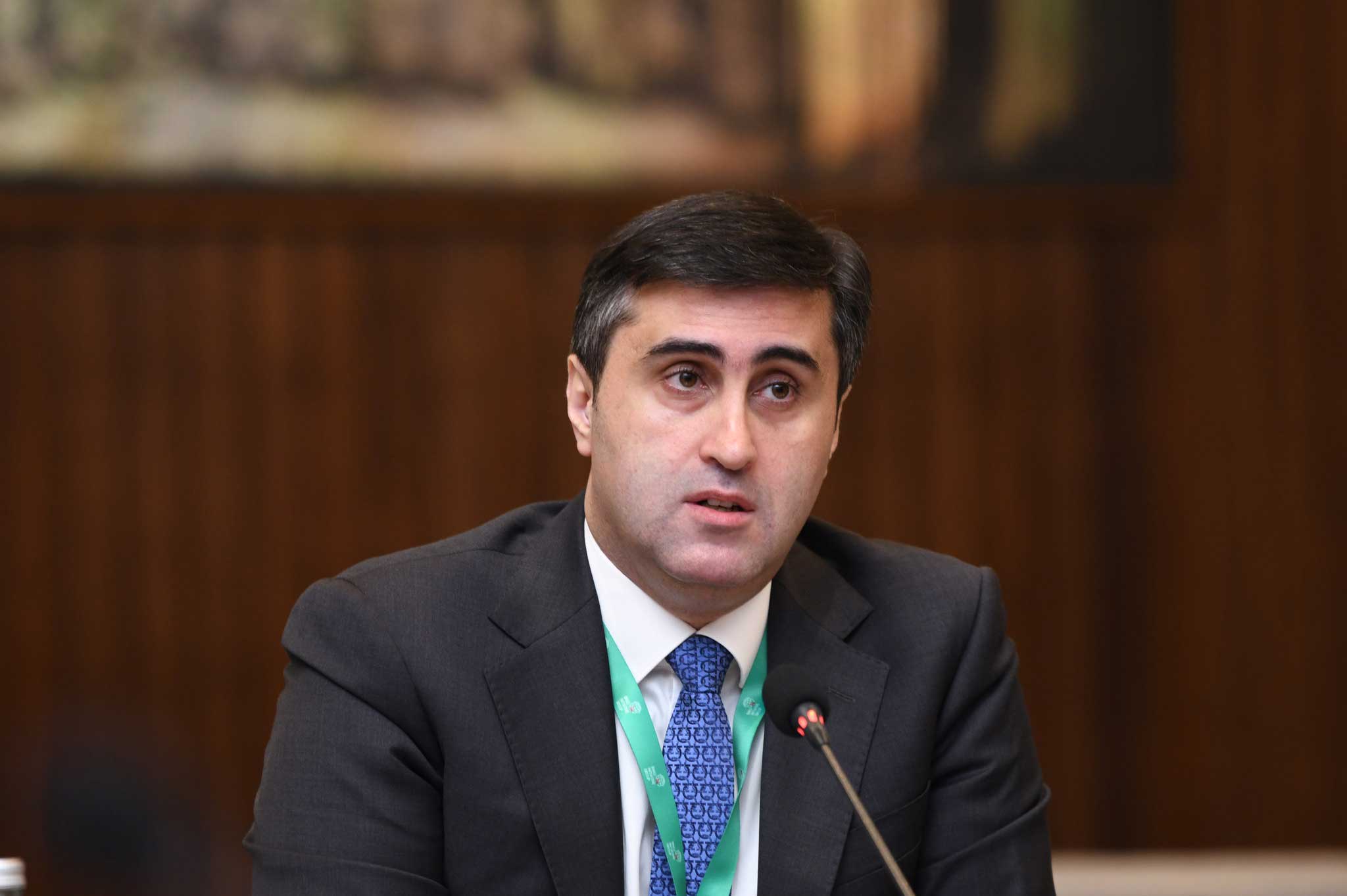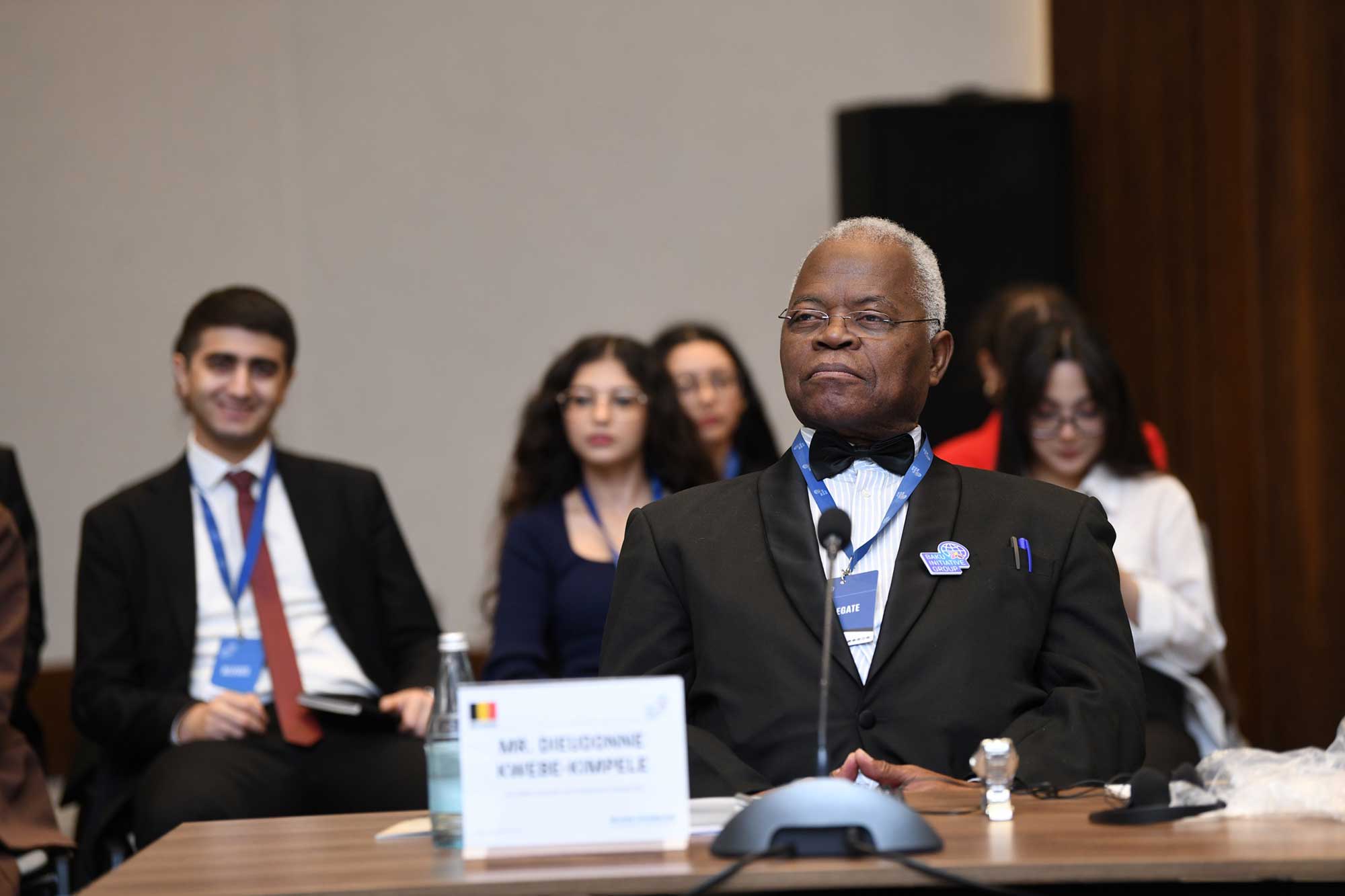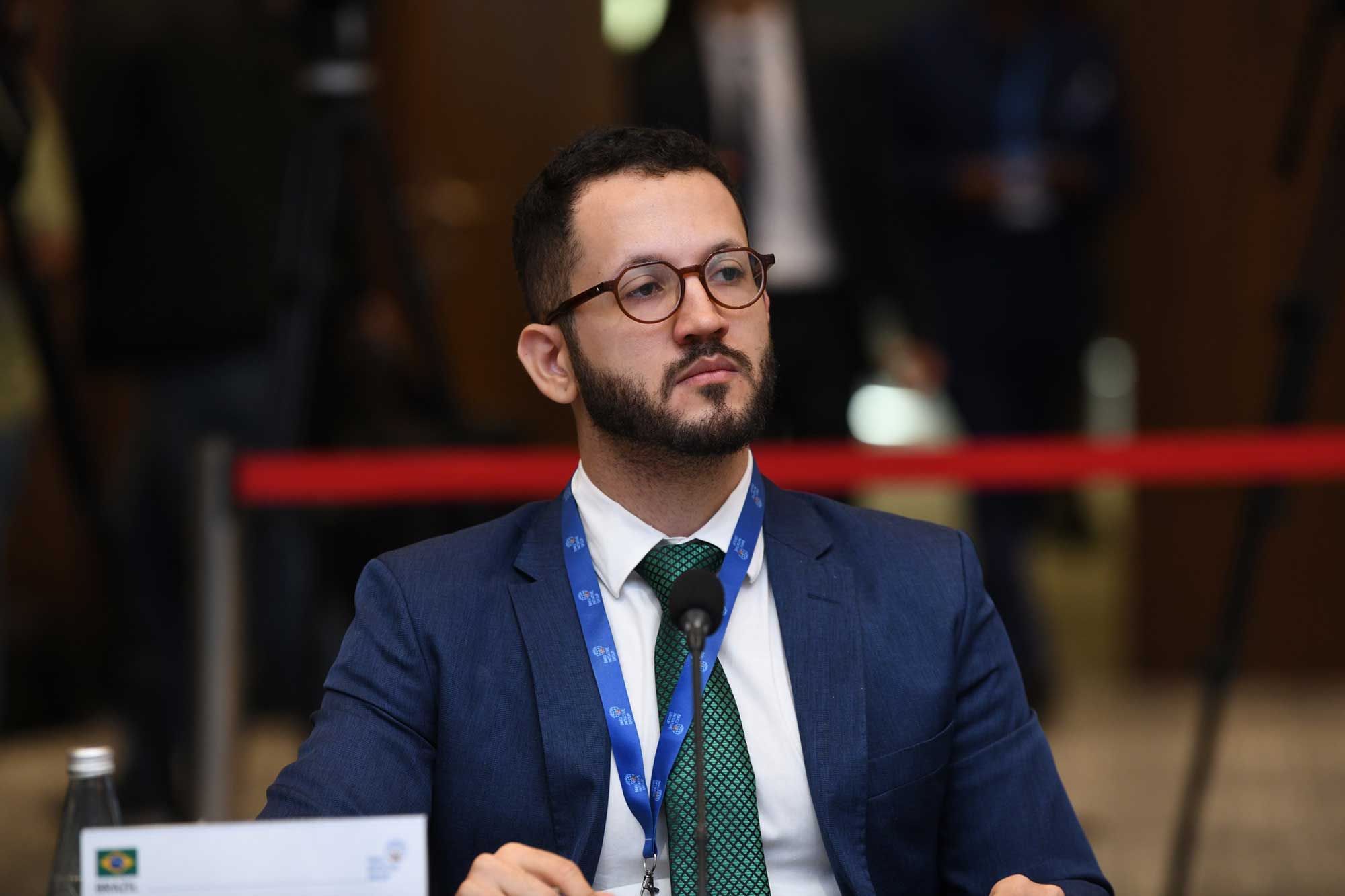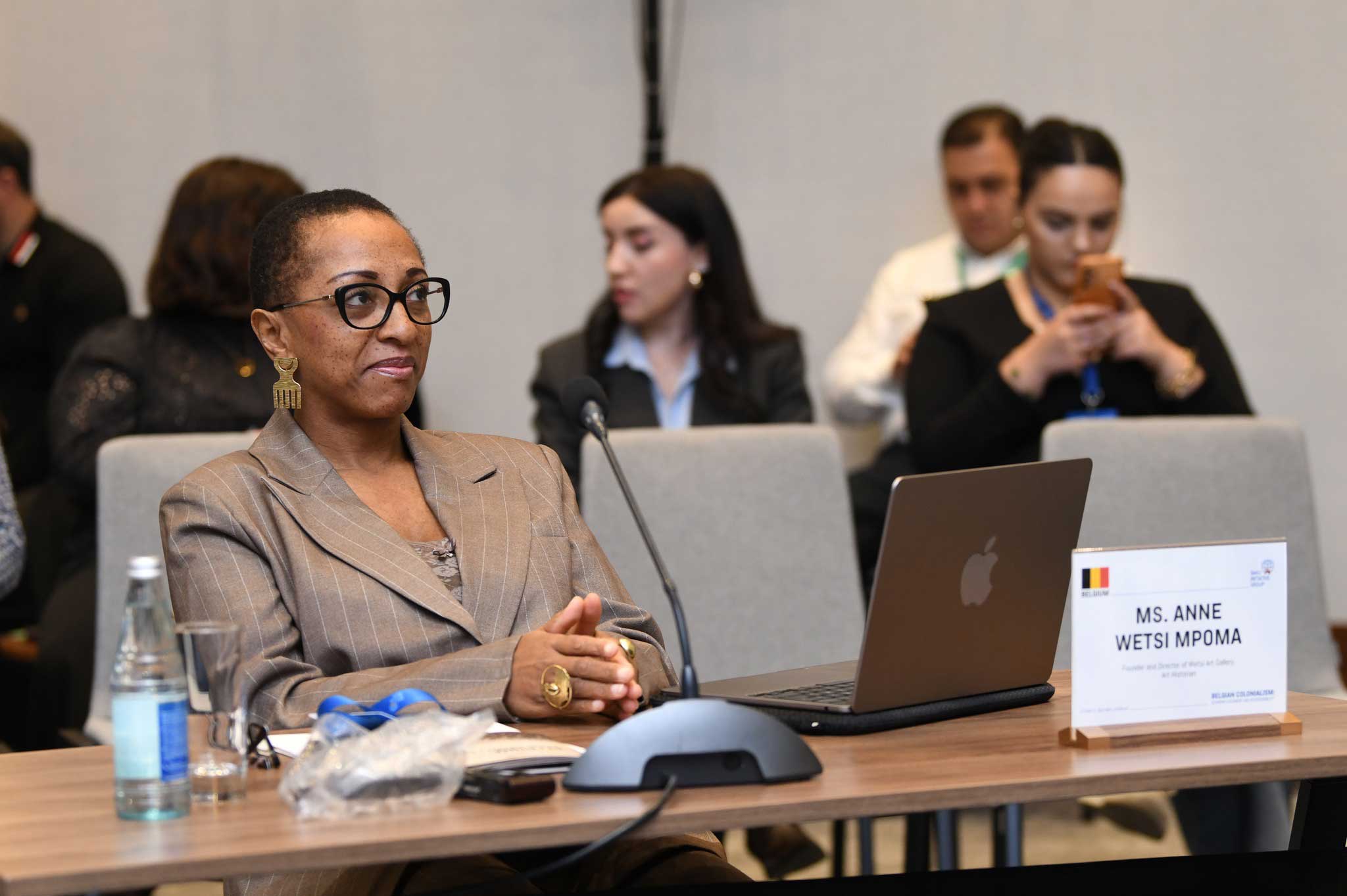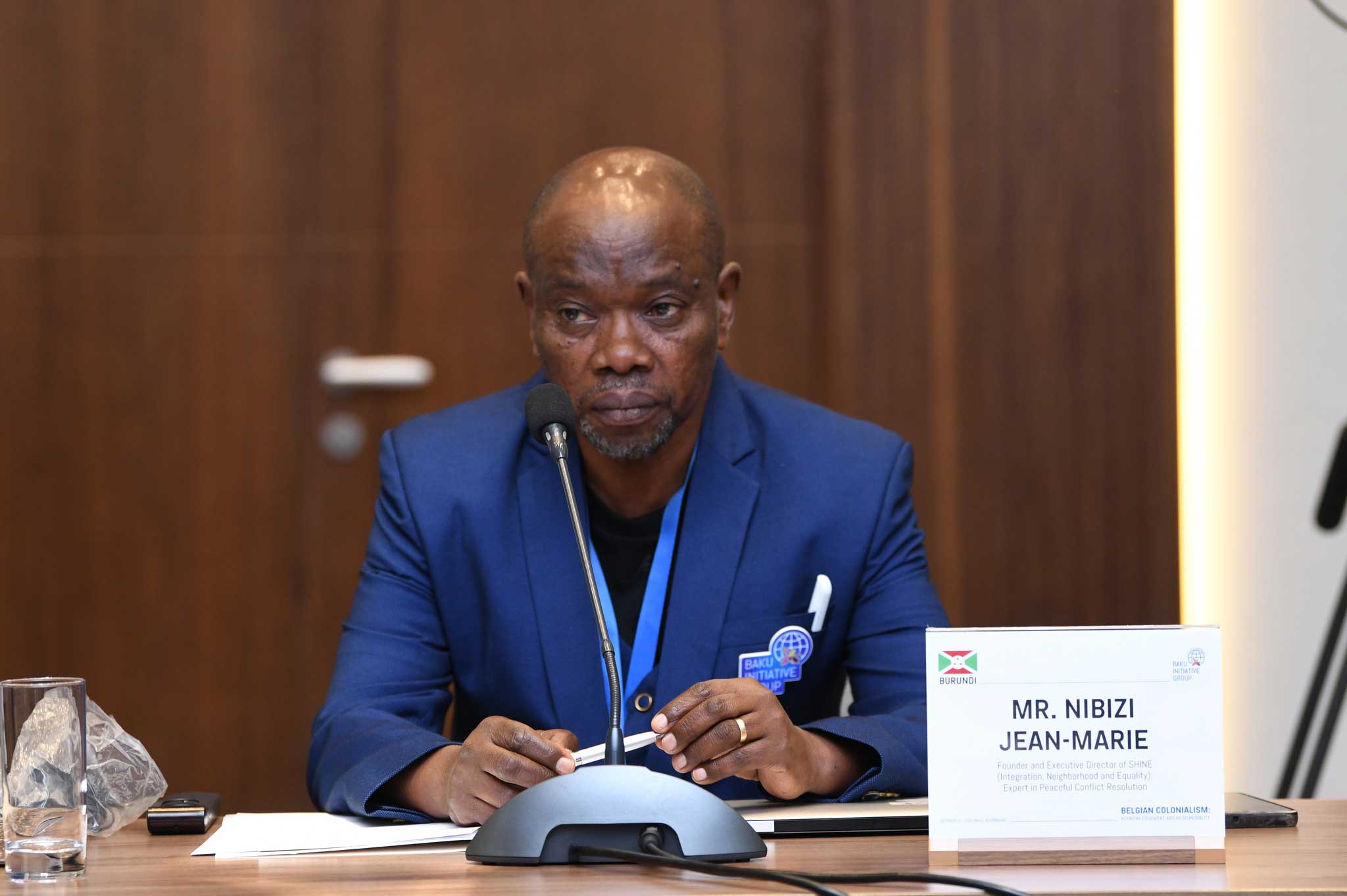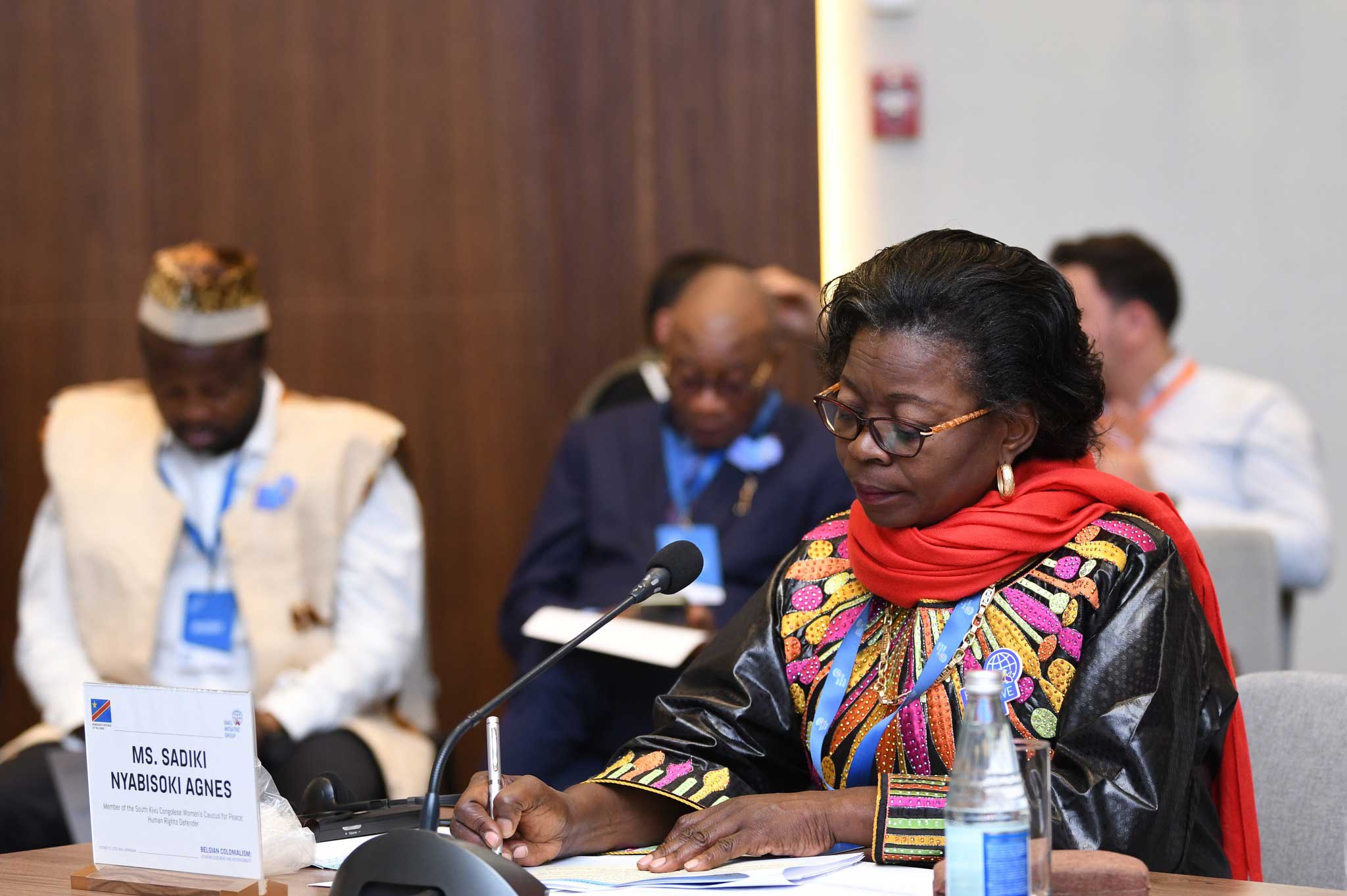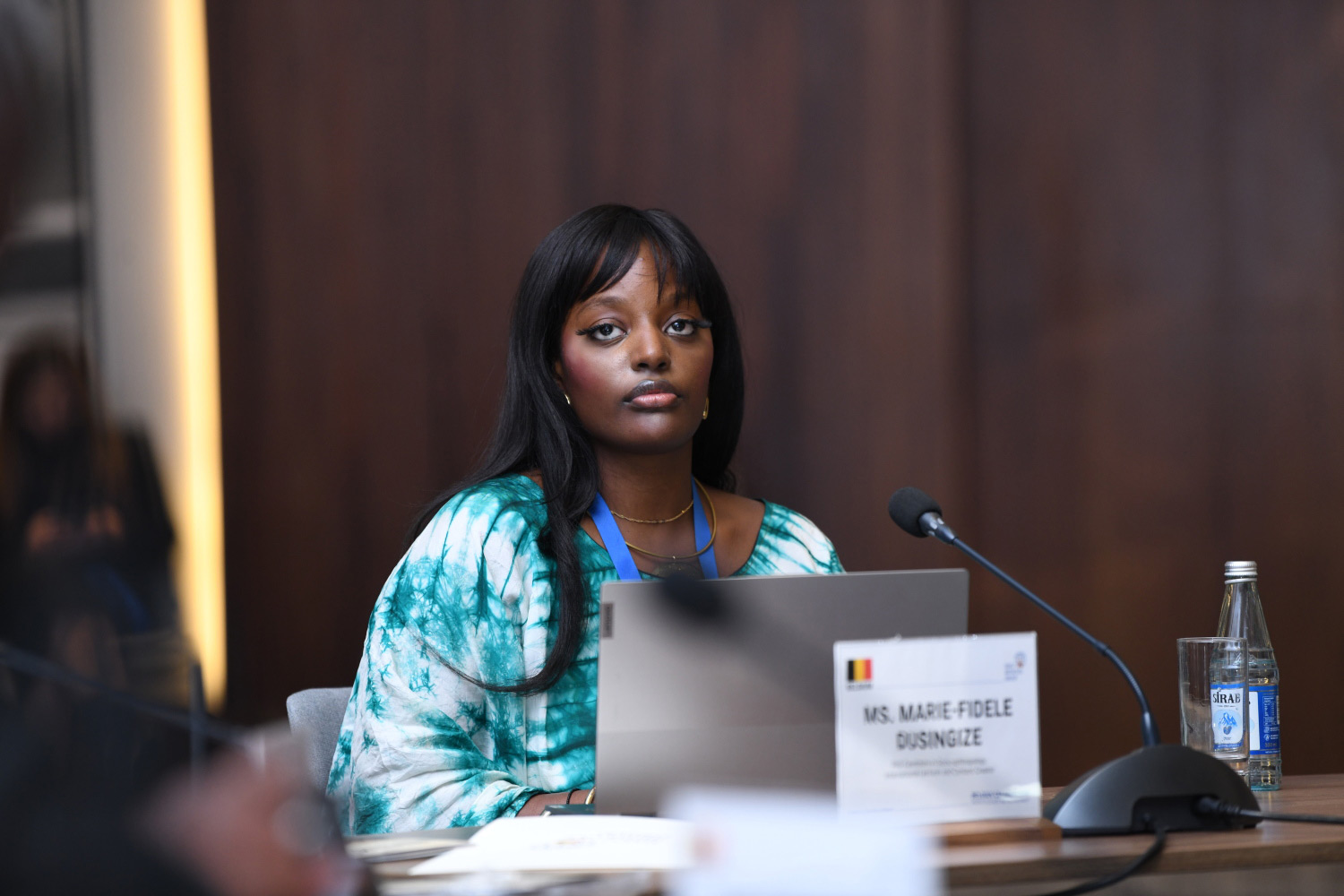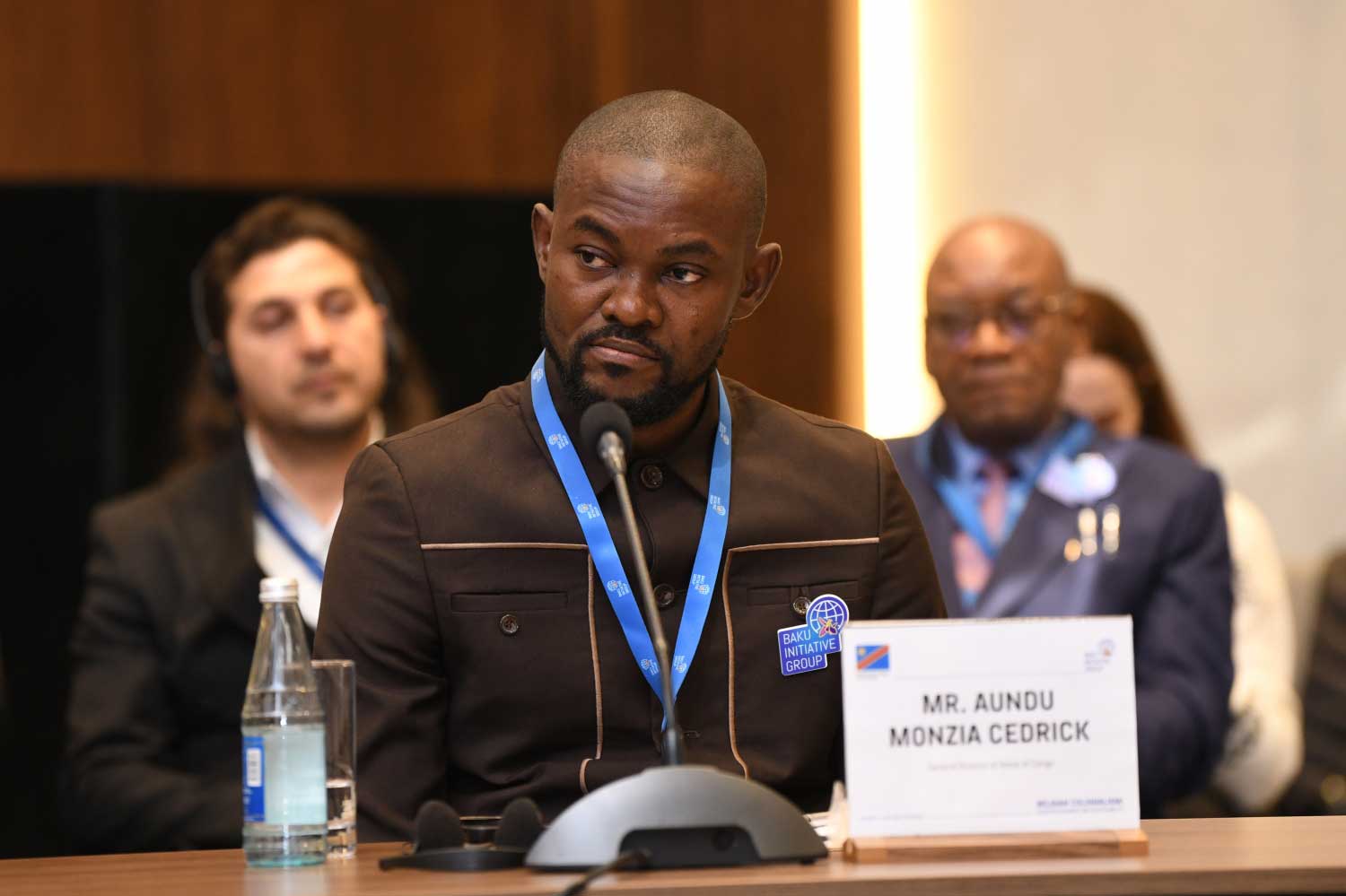Latest events
International conference dedicated to the repressive policy of the Ind...
19/01/2026International conference dedicated to Belgian colonialism was convened...
01/11/2025Baku Initiative Group (BIG) organized an international conference enti...
25/09/2025Towards the Decolonization of Guadeloupe! Challenges and Prospects
25/07/2025Constructing Empires: Colonial Ideologies and Realities
03/06/2025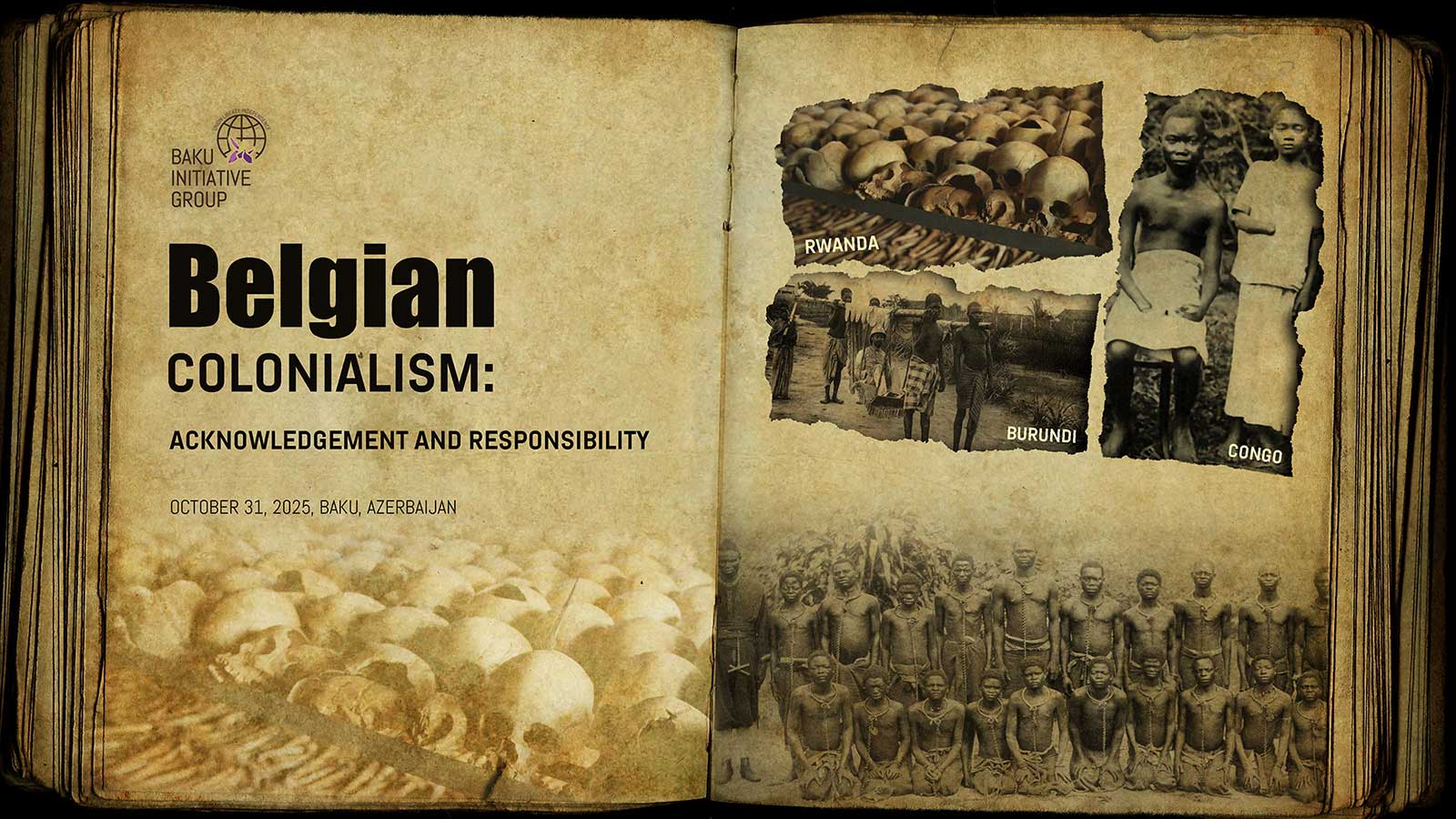
01/11/2025
International conference dedicated to Belgian colonialism was convened in Baku under the auspices of the Baku Initiative Group.
October 31, 2025, international conference on “Belgian Colonialism: Acknowledgement and Responsibility” was convened in Azerbaijan for the first time, with the organizational support of the Baku Initiative Group, dedicated to Belgium's colonial past and its current severe consequences.
The conference brought representatives from Belgium’s former colonies—the Democratic Republic of the Congo, Rwanda, and Burundi—alongside diplomats, government officials, international law experts, historians, researchers, civil society activists, and reparations specialists. Delegations from eight countries participated in total.
The event examined Belgium’s atrocities in Africa—particularly in its former colonies, the Democratic Republic of the Congo, Rwanda, and Burundi—including ethnic division policies, mass killings, forced labor, and plunder of cultural heritage, as well as the persistent social and economic of these policies to the present day.
Within the framework of the event, discussions were also held regarding the consequences of Belgium’s neo-colonial policies in the post-colonial period, ongoing exploitation of natural resources in former colonies, and formalisation of reparations demands within the global legal framework.
The 2019 report of the United Nations Working Group of Experts on People of African Descent documented gross violations of human rights committed during the Belgian colonial period, including the deaths of an estimated 10 million people, amputation of tens of thousands of hands, the imposition of forced labour upon local populations, and the coerced separation and assimilation of approximately 20,000 métis children from their families. The report advanced a series of recommendations directed at the Belgian government, encompassing the establishment of a truth-seeking mechanism, the declassification of pertinent archival materials, and the implementation of reparative measures.
Like other colonial powers, Belgium perpetrated unprecedented atrocities against the populations it subjugated and exploited, succeeding for many years in concealing these crimes from global scrutiny.
The principal objective of the conference was to advance the restoration of historical justice, foster international acknowledgment of colonial crimes, and amplify the voices of affected peoples on the global stage.


